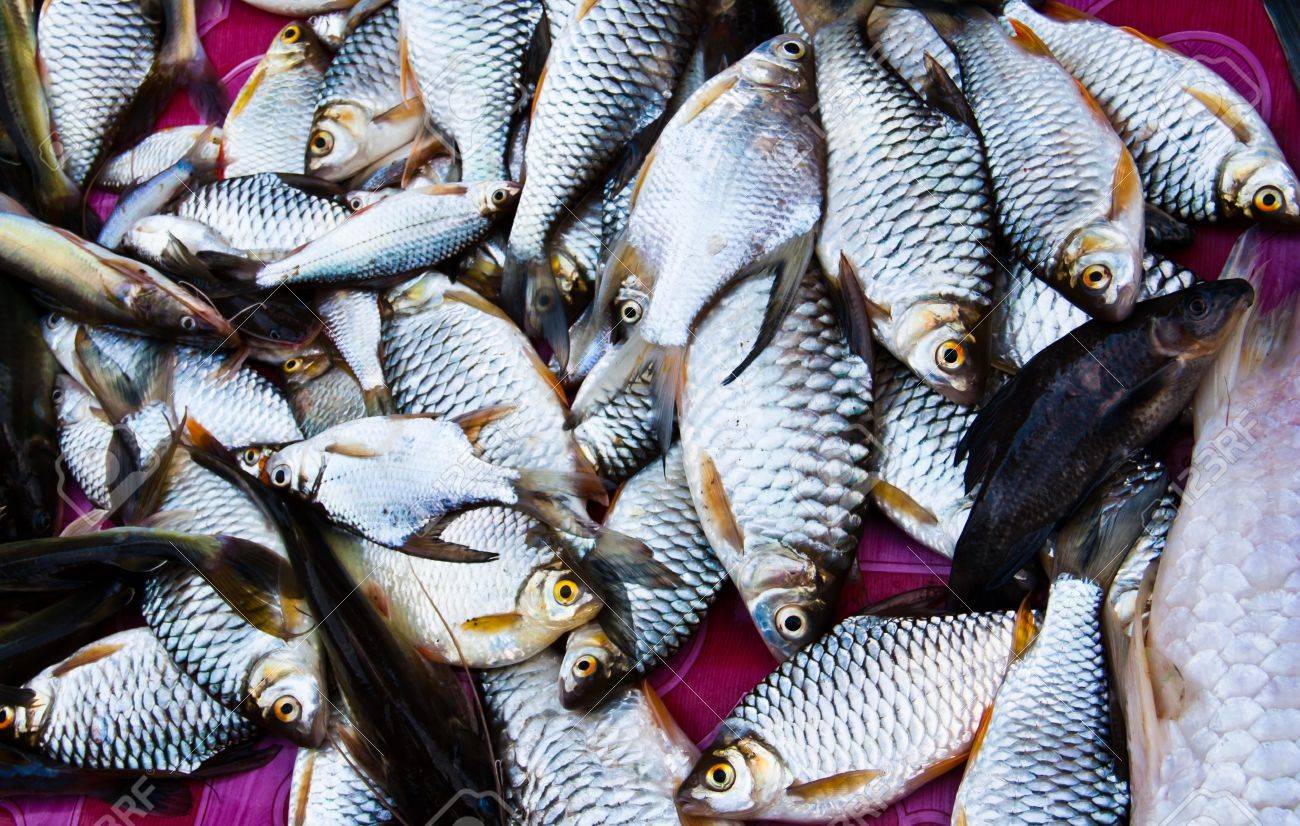Experts caution Nigerians on use of hazardous pesticides in food, environment
The Heinrich Boll Foundation in collaboration with local partners has warned against the application of hazardous pesticides in the country’s food system. The foundation said that the impacts of pesticides on the human health and environment are well documented, but not necessarily to the wider public. A report by the foundation stated that some cases […]

The Heinrich Boll Foundation in collaboration with local partners has warned against the application of hazardous pesticides in the country’s food system.
The foundation said that the impacts of pesticides on the human health and environment are well documented, but not necessarily to the wider public.
A report by the foundation stated that some cases of pesticides from agricultural use can be detected in honey, fruits and vegetables.
The report also stated that hazardous pesticides can be detected in the grass on playgrounds, and even in urine and in the air, which are highly hazardous and harm human health.
- Coup: PDP warns FG on war with Niger
- Atiku suffers setback in bid to subpoena Chicago State University over Tinubu
Globally, the number of people affected by pesticide poisoning each year has risen to 385 million.
It said that pesticides poisoning occurs regularly but government agencies do not seem to capture injuries, adding that some pesticides have caused severe harm to insects, plants and contaminated water bodies for years.
Nigeria has missed important export opportunities because of the high use of pesticides on farms and during storage.
In June 2015, the European Union banned the import of dried beans and other Nigerian agricultural products because some levels of pesticide residue are considered dangerous to human health.
The United States has similar ban in place, which is affecting the Nigerian export drive.
